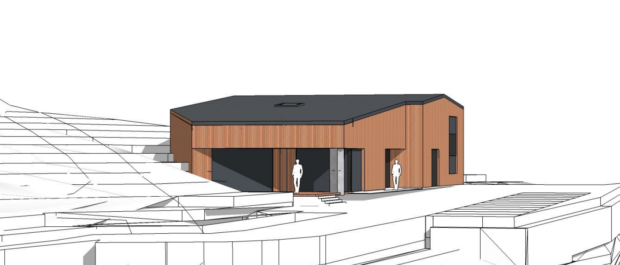Plans put forward by an online whisky auction company to build a new base of operations, including a tasting room, at an Aberdeenshire quarry have been recommended for refusal.
The Ellon-based Whisky Hammer company was established in 2015 by “two Aberdeenshire brothers holding a passion for whisky”.
The company, which facilitates the purchase and sales of rare malts around the world via the internet, has quickly grown in size and is now seeking to build a new, larger home.
It has put forward a planning application to turn the former Allathan Quarry just outside of Pitmedden into a purpose-built facility that is “functional yet contemporary”, and “reflective of the many agricultural buildings in the area”.
The proposed development would provide new space for Whisky Hammer’s storage and distribution of sought-after bottles and would include a shop and tasting room for local customers to enjoy an “all-round whisky experience.”
Council planners, however, have recommended members of the Formartine area committee refuse the application, arguing the proposals do not meet planning policy requirements set out in 2017.
A statement from Whisky Hammer said: “The day-to-day business is managed by five full-time staff and involves taking safe receipt of whisky, professional handling and photography of bottles and subsequent dispatch to buyers following the close of an auction.
“Whisky Hammer envisages the proposed location as a perfect fit for the business and, as part of its future growth plans, a new source of jobs for the local area.
“It will also offer a new and exciting location for whisky-loving locals to browse and taste some of the rarest whiskies available on the market.
“Whisky Hammer very much looks forward to contributing to the development of the local community.”
In a report which will go before councillors, the council’s director of infrastructure services, Stephen Archer, notes the “sensitive choice of materials” and a design “unlikely to significantly erode the rural character of the site and wider setting”.
But he concludes the application should ultimately be thrown out as “the land does not constitute a brownfield site”.
Mr Archer writes: “This is due to the lack of evident structures on it, in conjunction with its naturalised state.
“Given the principle of development cannot be established, the application is recommended for refusal.”
